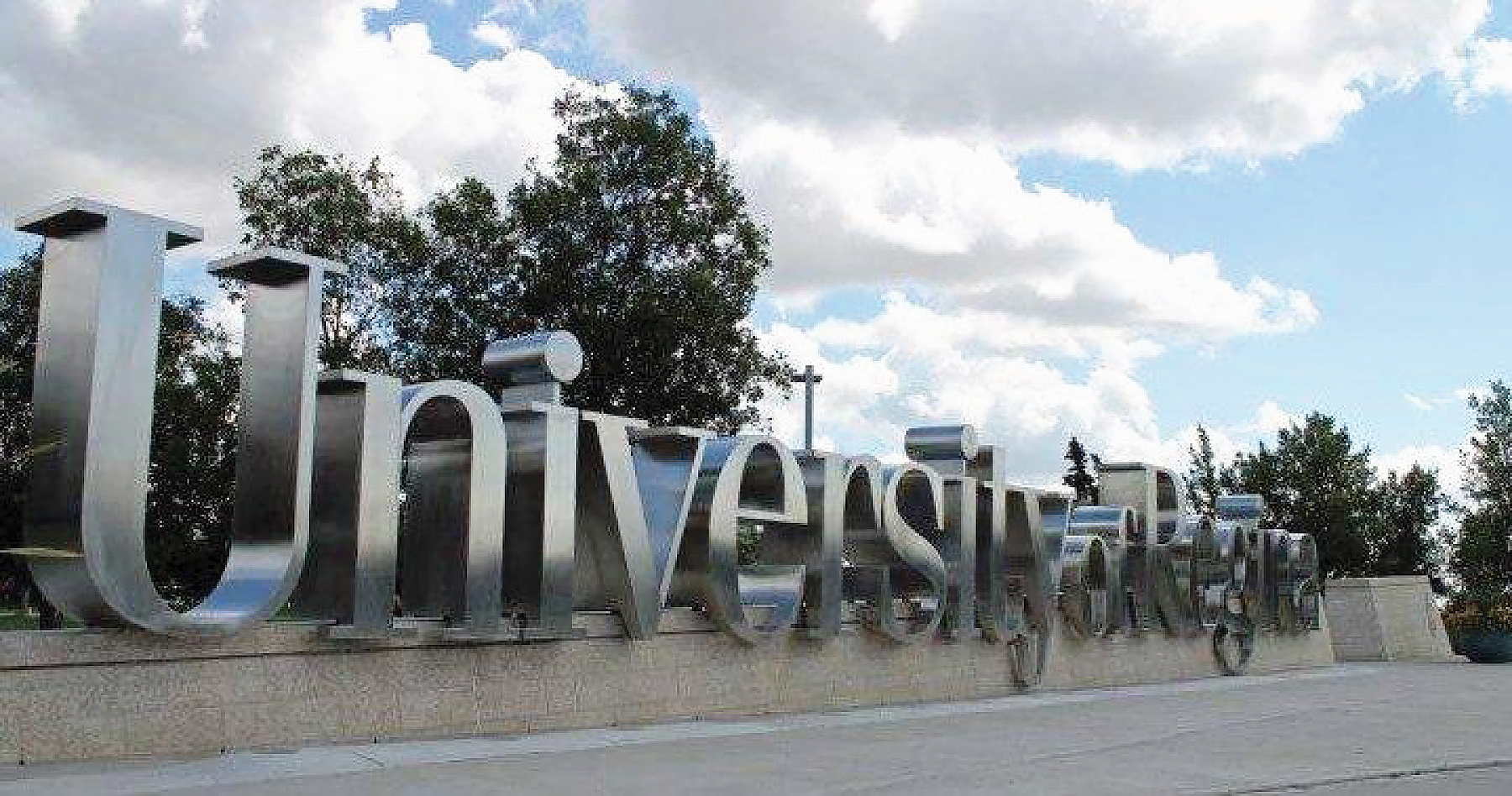Film Screenings, Panel Discussions and Calls for Divestment
By Sanobar Anjum Siddiqui
Sep/Oct 2024

The genocide that Israel has launched against Occupied Palestine brought many like-minded faculty to help promote academic freedom, free expression, and awareness on this long-standing conflict up front and central within the academic discourse at the University of Regina.
The F4P Regina (Faculty for Palestine Canada) chapter was born after Oct. 7, 2023.
F4P is a Canada-wide network of academics dedicated to strengthening the struggle for Palestinian liberation, justice, and equality through the academy.
The Regina chapter works collegially with similar groups in Saskatchewan and broader Canadian university settings, including student bodies, to spread awareness and bring about positive change. The past months have witnessed multiple activities and engagement sessions to help spread awareness of the ongoing blatant suppression and killing of Palestinians.
In January, a panel session was held at the University of Regina to help explain academic freedom to faculty. David Robinson (executive director, the Canadian Association of University Teachers) spoke about their freedom to speak on matters of public interest and the university’s duty to protect the institution from outside influence. Andrew Stevens (associate professor, Faculty of Business Administration, University of Regina) talked about how faculty used their internal discussions and organized a public campaign a decade ago that resulted in the business school dropping its proposed partnership in public safety with the Hebrew University of Jerusalem.
Batoul Abouelela (co-president, University of Regina Students for Justice in Palestine) and social studies major Adhika Ezra reflected on student experiences on campus and the importance of faculty working to support their walkouts. Holly Funk (editor of the campus newspaper, The Carillon) discussed the pressures and duties of journalists in the West covering the genocide.
On Feb. 8, there was a film screening of “Israelism” on campus. The 2023 movie is about two young American Jews brought up to love Israel unconditionally who undergo drastic life changes when they see how brutally Israel treats Palestinians. As a result, they join a group of young American Jews who are challenging the establishment to reinterpret Judaism’s connection to Israel, thereby exposing a growing generational gap over what it means to be a modern Jew. We had a short group discussion. One Jewish campus community member who attended suggested the film was very accurate and that they wanted to screen it at their synagogue.
On March 21, a panel session on four things you need to know to understand the war on Gaza was held. Panelists Ahlam Muhtaseb (professor, media studies; graduate coordinator, Department of Communication Studies, California State University, San Bernardino), Mylan Tootoosis (Nehiyawpwat doctoral student, University of Saskatchewan), Ahmad Al-Dissi (Palestinian-Canadian professor of veterinary medicine, University of Saskatchewan) and Omar Hafez (Palestinian student, College of Medicine, University of Saskatchewan). The well-attended session and ensuing live discussion helped answer the difficult questions posed by the audience. Ahmad Al-Dissi reflected on having only met Jewish people (other than soldiers) when he moved to Canada.
Student for Justice in Palestine (SJP) conducted multiple activities throughout the fall and winter semesters to help advocate for Palestinians’ lives. Activities included walkouts in support of Gaza, Sudan and Congo along with sit-ins at the New Democratic Party’s (NDP) office, meeting with government representatives, holding high school Palestinian workshops, reading testaments and martyrs’ last words, participating in silent protests, and holding bus rallies.
In tandem, the Student Union passed a motion to call on “college and university administrators to immediately cut any investments and ties with weapons manufacturers and other corporations that fund genocide in Gaza.” The F4P Regina chapter and the SJP spoke to University president Jeff Keshen and other administrators, and they agreed to see what they could do to disclose their investments’ fund names. Once this list is disclosed, SJP and F4P will begin advocating that the university disinvest from Israeli companies that promote the genocide and ethnic cleansing of Palestinians.
In another initiative, a statement by the F4P Canada Regina Chapter was drafted and submitted to Dianne Ford (vice president of administration, University of Regina) requesting that the decision to host and provide Starbucks space on campus from fall 2024 be reversed. A newspaper article was published, and much online support was garnered from students, faculty and the public who disapprove of this decision.
Biweekly marches for Palestine continue to be launched to help focus attention on the ongoing Genocide by live streaming of the bombs being dropped and the AI-generated killing machine that treat Palestinian infants, babies, children, men, and women the same weigh heavily on humanity’s soul. This small attempt seeks to help tilt the balance and stop The Genocide.
Sanobar A. Siddiqui, Ed.D., CMA (USA), is assistant professor of accounting (TT) and CPA research scholar (Paul J. Hill School of Business; Faculty of Business Administration, University of Regina).
Tell us what you thought by joining our Facebook community. You can also send comments and story pitches to horizons@isna.net. Islamic Horizons does not publish unsolicited material.
